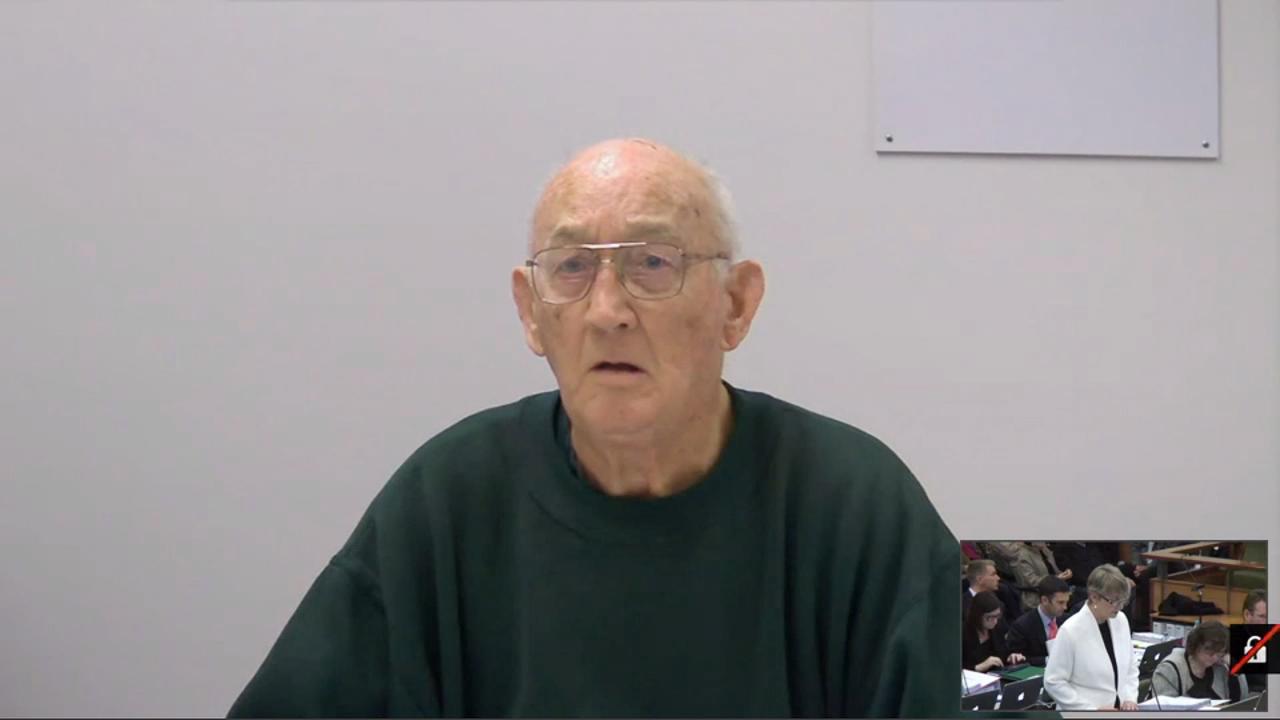No limits for sex abuse claims in Victoria
THE statute of limitations on civil child sex abuse claims will be overhauled in Victoria.
THE statute of limitations on civil child sex abuse claims will be overhauled in Victoria, opening the floodgates for claims against institutions and perpetrators.
The Napthine government yesterday announced it would rewrite the archaic and restrictive civil law provisions that have enabled lawyers to limit or even block compensation claims.
Premier Denis Napthine made the pledge while announcing a series of new measures flowing from the parliamentary inquiry into non-government child abuse, which helped trigger the national royal commission.
Dr Napthine said no institution should be able to escape scrutiny in the courts, an anomaly made possible by Victorian legislation placing a six to 12-year limit on when civil claims can be lodged, depending on when the crime occurred.
The Limitations of Actions Act 1958 also requires some claims to be brought “six years from the date on which the cause of action is discoverable by the plaintiff”.
Dr Napthine said: “We are also following closely the work of the royal commission ... as it considers how best to provide access to justice and redress at a national level.’’
The Victorian law is highly complex and contains a series of measures that impose limitations on the way cases can be pursued in the civil courts.
If the alleged abuser is a parent, guardian or close associate of a parent or guardian then the law effectively states that cases must be pursued by the time the victim has turned 37 if the abuse occurred after May 2003.
If the abuse occurred before then, the law requires victims to bring their claims by the age of 24.
Victorian Attorney-General Robert Clark said yesterday that the civil law was highly complex and needed to be changed to make the system fairer.
“We’re going to go through each and every one of those limitations to ensure that they cannot be inappropriately used and so the law can take its course,’’ he said.
Broken Rites, a group representing victims of Catholic abuse, yesterday claimed the civil provisions had been used by the church to deny justice.
“It (the changes) will be helpful to a lot of people,” Broken Rites spokeswoman Chris MacIsaac said. “It’s been a long time coming.’’
Ms MacIsaac said the church had done its best to deny some victims justice.
The government has already moved to tighten the law on the grooming of children and the law for people who fail to tell police if they know or believe that a child has been abused.
Legislation has been introduced that will make it an offence for a person in a position of power in an organisation to fail to take action where they know someone who poses a risk of sexually abusing children.
The government will require all priests or ministers of religion to hold a current “working with children’’ check if they have any contact with children during their duties.
Dr Napthine paid tribute to survivors of abuse who had helped the inquiry.
“As a result of your courage, the community can now better see and understand how far-reaching and devastating the consequences of childhood abuse can be,’’ he said.



